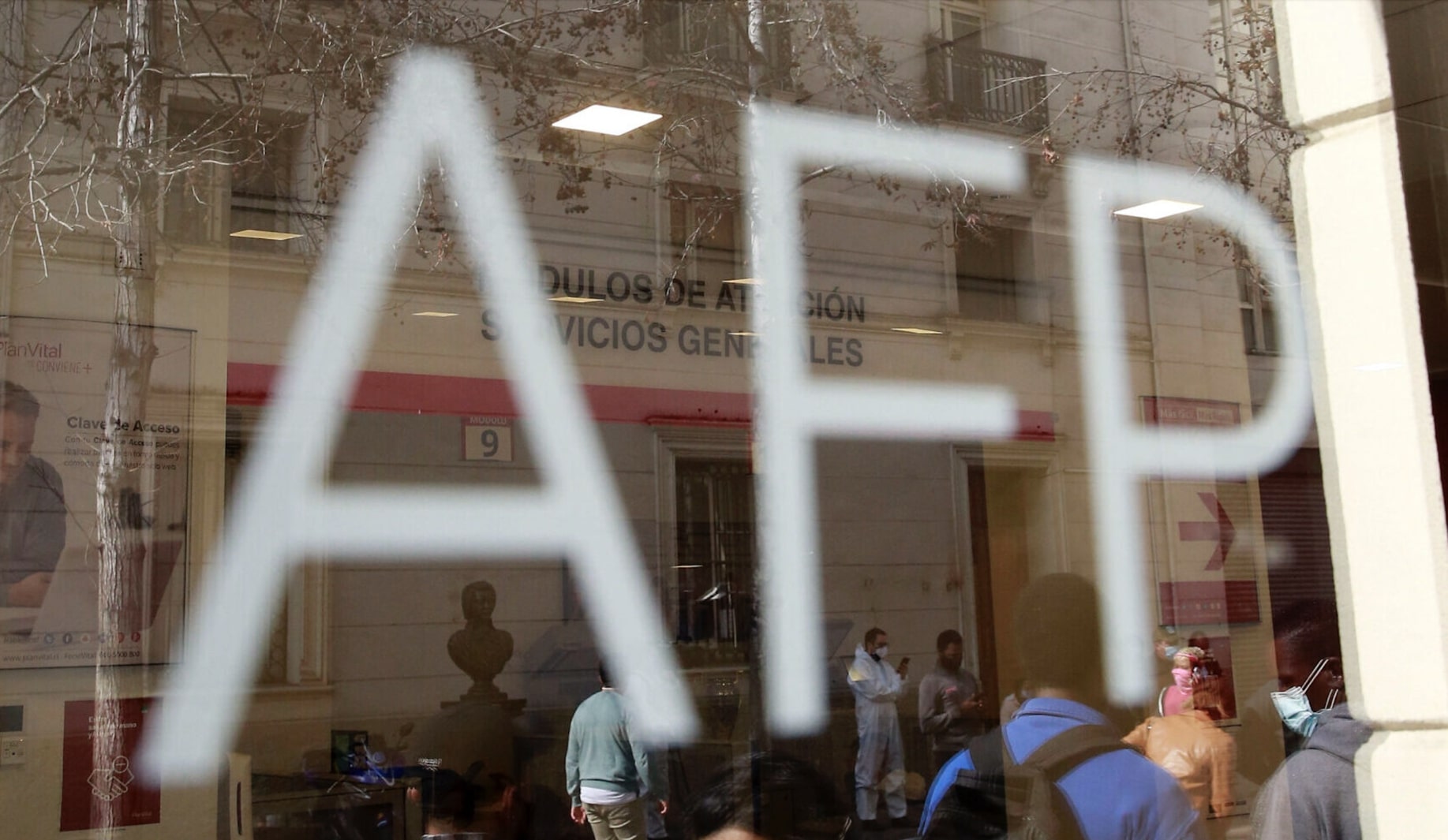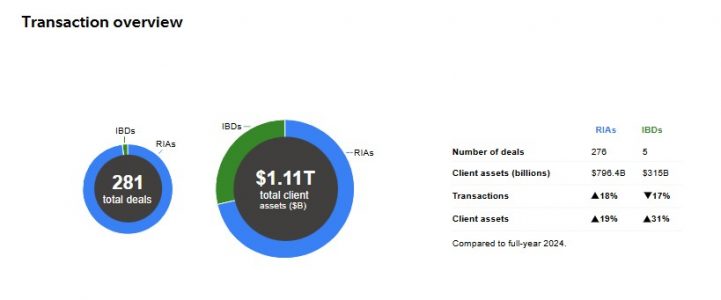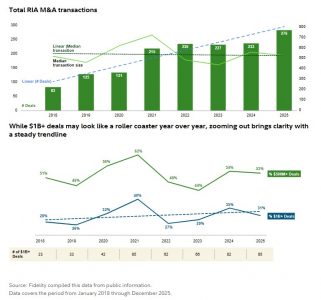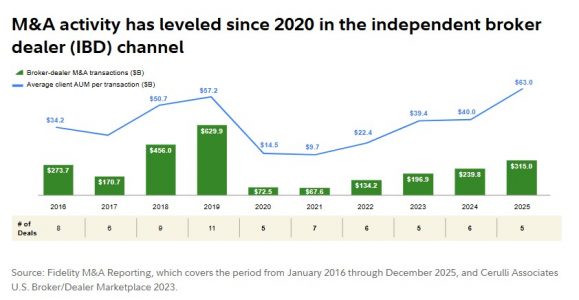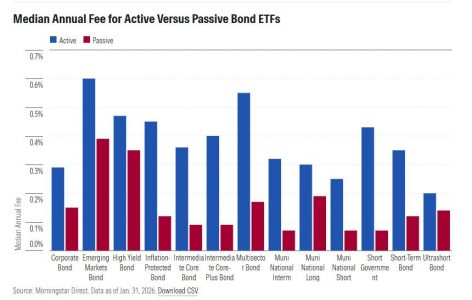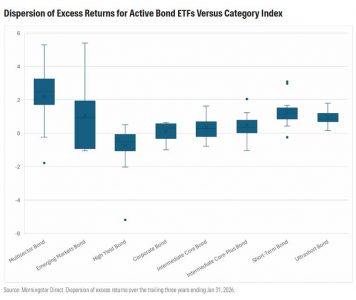Allfunds Reorganizes Its Business to Focus on Its Platform and Distribution Capabilities
| By Marta Rodriguez | 0 Comentarios

Within the framework of its 2025 strategic review, Allfunds has decided to focus on its core platform and distribution business, exiting Allfunds Tech (WebFG) and the Luxembourg ManCo business, as well as restructuring MainStreet Partners. This decision coincides with two milestones: the closing of a record year, its assets under administration grew by 17.1%, and the recommended acquisition of Allfunds by Deutsche Börse Group.
According to the firm, this simplification will allow it to concentrate resources on synergistic, profitable, and scalable areas, strengthening the group’s financial profile over the long term. “2025 was a year of strong results and a clear strategic refocusing. €1.76 trillion in AuA, 18% growth in net flows, a 74% increase in alternatives, and an improvement in the EBITDA margin to above 65%, all achieved while making clear strategic decisions to concentrate Allfunds on its core strengths. The result is a more compact and agile Allfunds, with an unwavering commitment to our clients and partners, and we are already delivering results in our focus areas. The recommended acquisition by Deutsche Börse Group announced in January reflects the value we have built, as well as the strength and quality of our franchise. We are confident the combination will bring together complementary capabilities and market reach,” said Annabel Spring, CEO of Allfunds, following the presentation of the company’s preliminary results for the 2025 financial year.
Strategic review
Allfunds launched its strategic review in 2025. The company refers to it as “Strategic Review 2025,” whose objective was to redefine priorities and focus on more synergistic, profitable, and scalable businesses, primarily its core platform and distribution capabilities.
“The guiding principle of our review is to drive growth and create solid value for clients and shareholders by focusing on businesses that are truly synergistic, profitable, and scalable, and by partnering with leading specialists when this helps us deliver better solutions and service. The result is that we are realigning around what we do best: our core platform and our distribution capabilities,” the firm explains.
As a result of this review, Allfunds has decided to exit the Allfunds Tech (WebFG) and Luxembourg ManCo businesses and to restructure MainStreet Partners. According to the company, by divesting or restructuring these businesses, “we simplify the Group, focus on what truly differentiates Allfunds, and improve both our financial profile and our long-term value creation potential.”
In addition, the firm notes that in the case of WebFG and ManCo, the conditions are met for their classification as “non-current assets held for sale” under IFRS 5, and they have been valued at the lower of their carrying amount and fair value less costs to sell.
By contrast, in line with the objectives of its strategic review, Allfunds has signed key partnership agreements with Waystone and MSCI, which will enhance, respectively, Management Company services for Allfunds’ global clients and access to MSCI’s data and enhanced analytics capabilities delivered through the platform.
Business development in 2025
During the past year, Allfunds also maintained its focus on client onboarding during the fourth quarter, adding 16 distributors and 15 asset managers. In total, in 2025 the Group added 90 asset managers and 64 distributors, driven by clients replacing in-house solutions and adopting open architecture.
In terms of growth, the development of its alternatives business was particularly significant. By December 2025, total AuA in alternatives had grown by 74% year-on-year to €33.8 billion, while distribution AuA reached €18.4 billion, an exceptional 83% year-on-year increase.
According to the firm, demand from asset managers continues to accelerate and Allfunds now offers access to 213 alternatives managers. “We already work with the most prominent names in the alternatives segment: KKR, Blackstone, Apollo, Ares, Carlyle, BlackRock, JPMorgan, Morgan Stanley, Franklin Templeton, and many others. Interest in private market funds is growing among distributors, with existing clients increasing their allocations. Importantly, we are seeing new distributors join Allfunds specifically to access alternatives and then expand across our entire platform, strengthening long-term client relationships and validating our model. This places our business in an excellent strategic position,” the firm notes.
Finally, Allfunds announced that it has successfully completed the pilot phase of its ETF platform, validating its core capabilities and confirming its readiness for the next stage. “In 2026 we expect the platform to enter a fully operational model, while development continues and its functionalities are further expanded,” the company said.


